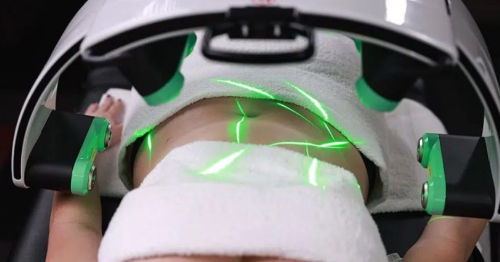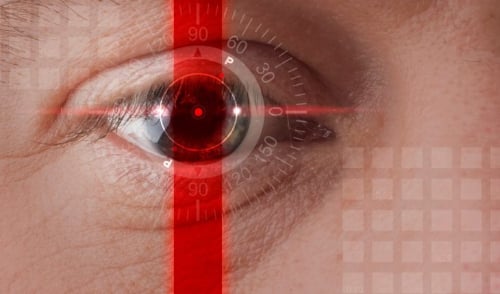Related searches

Laser fat removal works by targeting fat cells with energy waves that break down cell walls. These cells are then removed through a small incision, offering a smoother and quicker recovery than conventional methods. The procedure is often recommended for patients facing serious health issues like morbid obesity or to remove cancerous lesions, aiding overall health and mobility.
The Cost of Laser Fat Removal
Typically, a single session of laser fat removal costs around $300, but patients with substantial needs, such as those who are morbidly obese, might require multiple treatments. In contrast, laser liposuction, a related procedure, can cost significantly more depending on the area and extent of treatment needed.
Medicare and Laser Fat Removal Coverage
Medicare, the U.S. federal health program, primarily caters to seniors and offers various parts of coverage (Parts A, B, C, and D). Generally, Medicare categorizes fat removal procedures like laser liposuction as cosmetic surgeries, which are not covered under standard circumstances. However, exceptions exist: - Health-Related Necessity: If a medical professional deems laser fat removal essential for treating or alleviating severe health issues, Medicare might cover it. This includes cases where obesity severely impacts other medical conditions, or where fat removal is necessary to increase mobility or remove cancerous or excessive fatty tissue.
- Improvement of Function: Coverage might be available if the procedure is necessary to repair or reconstruct a malformed body part to improve its function.
Securing Medicare Coverage for Laser Fat Removal
Obtaining Medicare coverage requires a few steps:
1. Consult a Medicare-Approved Physician: Your doctor can evaluate whether laser fat removal is essential for your health and help document your need for the procedure.
2. Gather Medical Evidence: Compile detailed medical records and evidence demonstrating the necessity of the procedure for your health and quality of life.
3. Insurance Provider Request: Submit a formal request to your insurance provider detailing why the procedure is crucial. Be prepared to provide additional information or second opinions if initially denied.
Navigating Insurance Processes
For those with Medicare Advantage (Plan C), it's important to contact the specific plan provider for detailed coverage information as benefits can vary. If encountering challenges or needing further clarification, reaching out directly to Medicare or consulting additional medical professionals is advisable to explore all possible options.
Conclusion
While laser fat removal can be an expensive out-of-pocket expense, Medicare may provide coverage under specific health-related circumstances. It's crucial for patients considering this procedure to thoroughly understand their eligibility for coverage under Medicare by consulting with healthcare providers and their insurance plan details. With the right approach and thorough documentation, patients can potentially receive the necessary treatments to significantly improve their health and quality of life.






